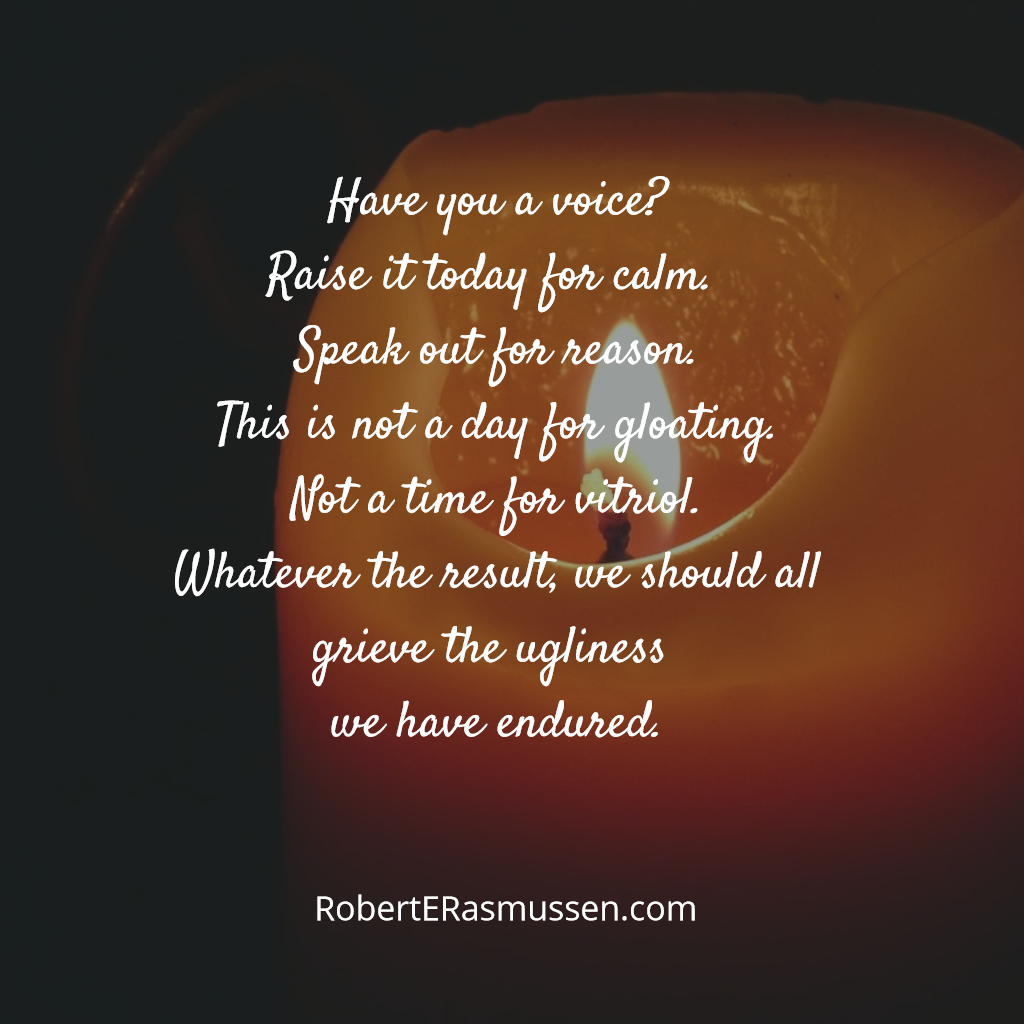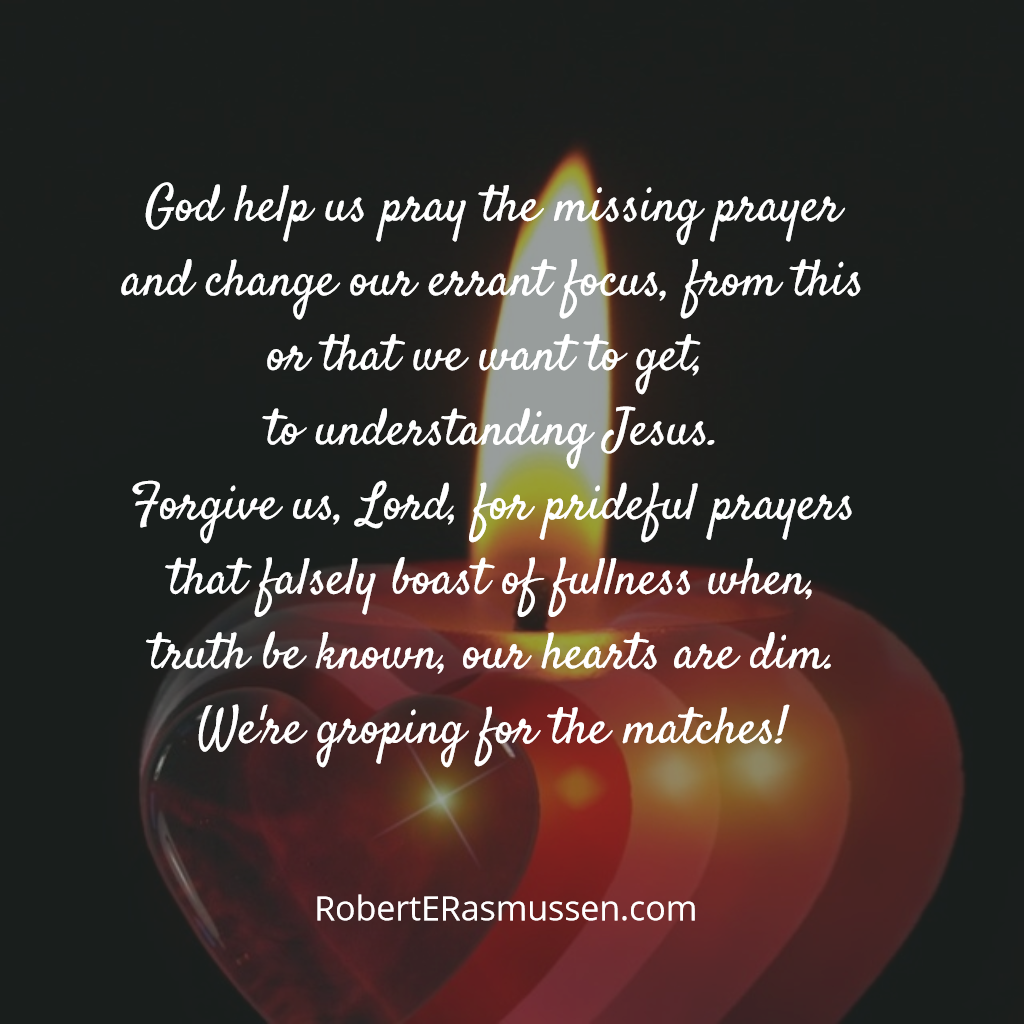I wonder if, like me, you sometimes get discouraged with all the bad news in our world.
On a recent morning, I decided that rather than open my laptop and tackle the day’s correspondence, I would just sit and reflect on my life, our world, and any thoughts that God would bring to my mind.
I decided to review the headlines. I noticed a brief video of two Syrian women giving a 10-year lookback to the civil war in their country. They reported that dictatorship continues to oppress the Syrian people, and that the pro-democracy revolution has not yet brought about the freedoms for which the people long.
I pray most Thursday mornings with a few mission-minded believers, and we often pray for the parts of the world where the people are suffering due to war and oppression. Sometimes I feel as if our prayers as so tiny compared with the gargantuan problems faced by humanity.
As I sat with this sadness, it dawned on me that the Bible helps us deal with the reality of grief and fear. Many passages honestly lament at the way things are, while longing for the way God intends them to be.
Could I tell you what happened then?
I thought of the psalm that Jesus must have read so many times that He had it memorized, because He knew it described His life purpose. It gave words to the loneliest hours of His life:
“My God, My God, why have You forsaken Me? Why are You so far from helping Me, and from the words of My groaning” (Ps.22:1)?
I read those words and I felt as if Jesus was feeling sadness for the Syrian people, and for all those who feel abandoned today. I kept reading the lament of David, the lament of Jesus:
“They pierced My hands and My feet; I can count all My bones. They look and stare at Me. They divide My garments among them, and for My clothing they cast lots” (Ps. 22:16-18).
The Word of God was connecting the suffering Messiah with the starving women and children in Yemen. The lament of the crucified Savior was, in my prayer meditation, sympathizing with refugees who had to abandon their clothes closets and flee with only a carry-on bag of essentials.
Then, these words jumped out from the page and spoke to me: “You have answered Me” (Ps. 22:21b).
Suddenly, I felt included in the lament. Though I did not know that I was asking for anything, the Holy Spirit had heard the sadness of my heart. And God answered me.
“You are in the fellowship of His suffering”
That’s what God whispered to me. I was now in a three-way prayer circle:
- Those suffering right now
- The suffering Savior, alive again and paying attention right now
- And me, a struggling disciple trying to cope with the sadness in the world.
I sat with the wonder of this for awhile. I felt an acceptance from God as if He said, “This is often the best thing you can do with all the hurt. Bring it to Me. I feel it too.”
I am convinced that lament is an essential spiritual practice for all we who long to make disciples of all nations but know that every hour people are passing into an eternity without knowing of the Savior.
I’m almost done.
The psalm which gave Jesus the freedom to grieve must have also given Him hope. It did me.
“All the ends of the world shall remember and turn to the LORD, and all the families of the nations shall worship before You. For the kingdom is the LORD’S, and He rules over the nations (Ps. 22:27-28).
Now my lament turned to petition. I asked the Holy Spirit to appear, in that moment, to suffering families in the Middle East. Most would be sleeping at that time, so I asked Jesus to appear to them in dreams, and invite them to Himself. After all, “The poor shall eat and be satisfied; Those who seek Him will praise the LORD. Let your heart live forever! (Ps. 22:26).
I write today on “Good Friday.” The fellowship of His suffering is intimate today and tomorrow. The Word of God is alive. May Jesus meet you there as He did me.


